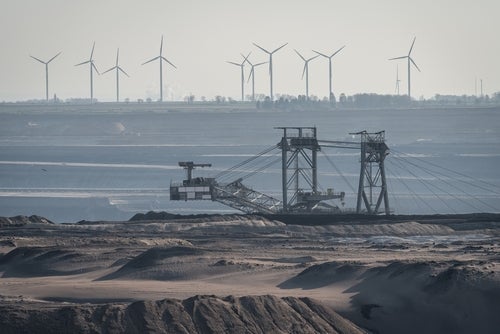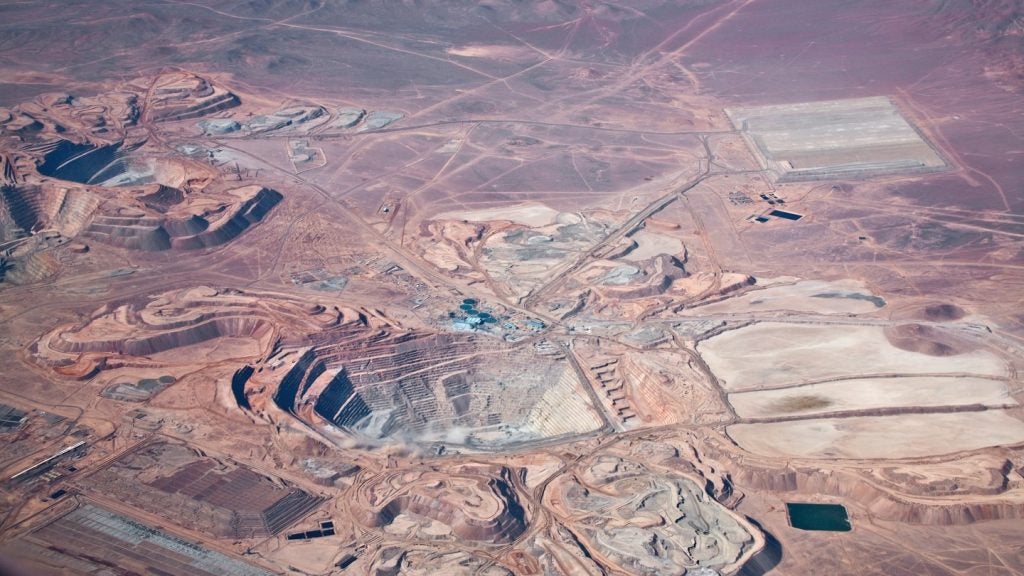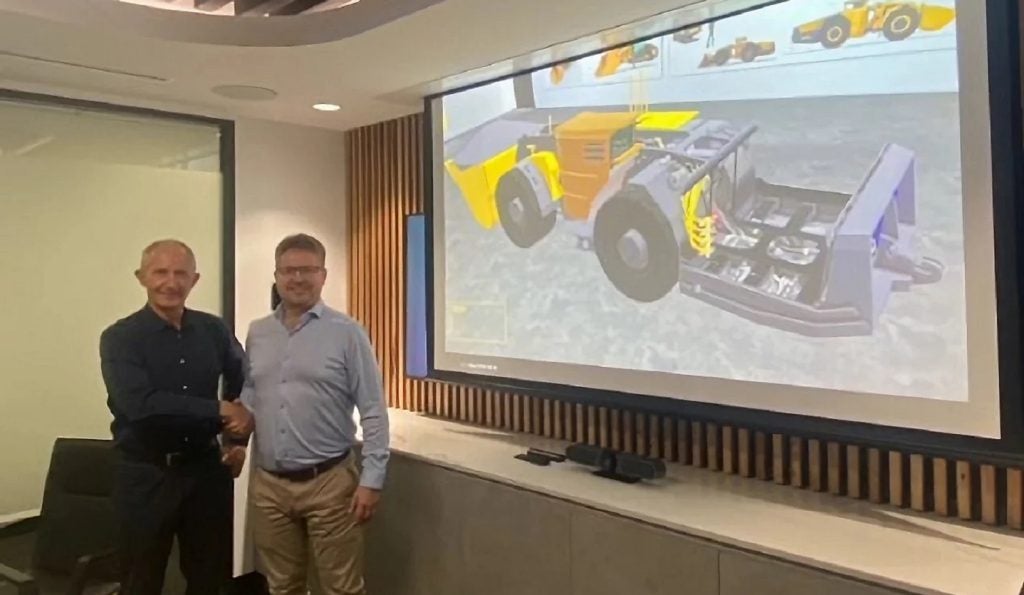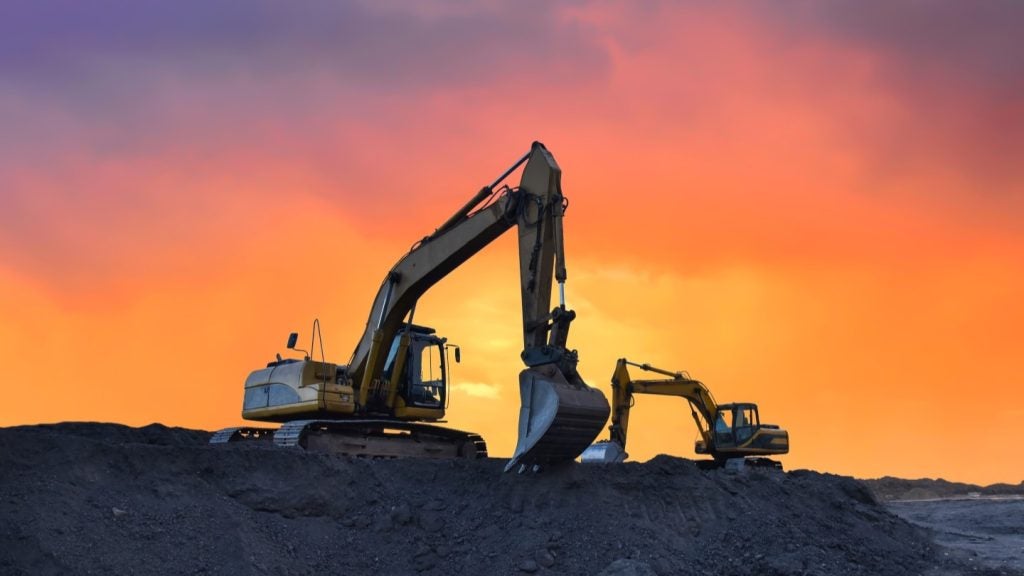Current LDES technologies have the potential to abate up to 65% of industrial emissions, according to a new report from non-profit the LDES Council and consulting company Roland Berger.
LDES is a form of energy storage that can hold energy produced from renewable sources for an extended period of time, ranging from several hours to several days, weeks or even months, making it useful for off-grid industrial sites such as mines, whose locations are often remote and disconnected from main power supplies.
According to the LDES Council, carbon dioxide emissions from industrial processes currently account for approximately one quarter of annual global greenhouse gas emissions, with this figure growing by more than 2% annually.
The report finds that the four types of LDES technology currently available – electrochemical, mechanical, chemical, which includes fuel alternatives such as hydrogen and methane, and thermal, which stands as the most efficient form of energy storage – are all viable, cost-effective and readily applicable options for industrial decarbonisation when paired with renewable energy, although their usefulness varies depending on application.
LDES offers the option for remote sites to store excess energy generated from localised renewable sources for long periods of time, enabling a reliable shift away from fossil fuels to intermittent renewable power generation.
Providing energy storage beyond ten hours can enable remote mines, data centres and other off-grid industrial operations to run on continuous, carbon-free power, according to the report.
The report also finds that LDES has the potential to directly replace heat supplies for high-temperature processes such as kilns for cement and furnaces for steelmaking, which currently still rely largely on fossil fuels. Demand for industrial heat is expected to grow by 34% between 2019 and 2040, with low and medium-temperature heat the fastest-growing segments.
Julia Souder, CEO of the LDES Council, said in an emailed press statement: “Decarbonising industry is one of the largest challenges we face on our journey to achieve net zero. This report finds that there is no time to waste and no reason to delay action. LDES and renewables can be crucial in cost-effectively reducing emissions across key industrial sectors in the short, medium, and long term.”
Major mining and metals companies including Tata Steel, BHP and Rio Tinto are looking into projects that involve the use of LDES technologies, according to the statement. To commercialise LDES in a way that will meaningfully contribute to global net-zero efforts, updated legislation will likely be necessary.














